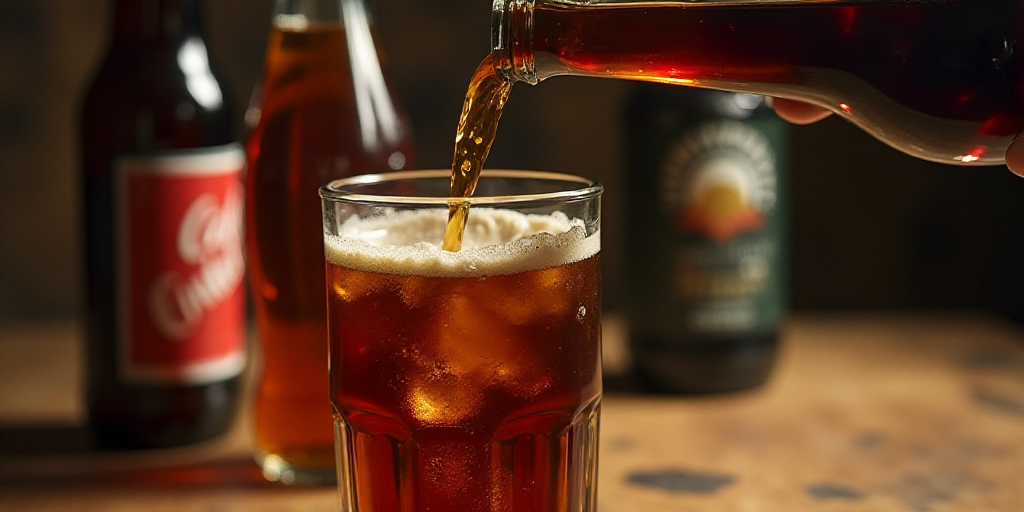This week, Mexico’s Secretariat of Health issued a warning about the harmful effects of excessive sugary drink consumption, highlighted during President Claudia Sheinbaum’s morning press conference. This renewed focus on the dangers of sugary beverages also extends to their purportedly healthier alternatives: “light” or “sugar-free” drinks, which, despite their popularity, are far from a safe option for our health.
Beyond Sugar: Hidden Risks in “Zero” Drinks
While “zero” or “light” drinks promise a solution to avoid excessive sugar, the Secretariat of Health pointed out that daily consumption of just two such drinks can increase the risk of heart attack or stroke by up to 31%. The main concern lies in synthetic sweeteners replacing sugar, which have been shown to cause what’s known as “zero gut health.”
- Synthetic sweeteners: Such as aspartame, acesulfame K, and sucralose, alter the gut microbiota, promoting harmful bacteria growth and reducing protective ones. Acesulfame K, for example, has been linked to weight gain and chronic inflammation.
- No-sugar sweeteners (NAS) consumption: Is associated with a higher Body Mass Index (BMI) and a greater risk of obesity in long-term studies. This contradicts the popular belief that they aid weight loss, as they can interfere with satiety centers and encourage more food consumption.
The World Health Organization (WHO) warns that long-term use of no-sugar sweeteners does not offer benefits in reducing body fat and may instead have adverse effects, such as a higher risk of developing type 2 diabetes and cardiovascular diseases (CVD).
These products have also been linked to kidney diseases, cerebrovascular diseases, and even pancreatic cancer. In Mexico, the situation is alarming. It’s estimated that sugary drink consumption, including “light” ones, contributes to one in three new cases of diabetes mellitus and one in seven new cases of cardiovascular diseases.
Sugar-Free Drinks and Chronic Diseases
According to the National Institute of Statistics and Geography (INEGI), 192,563 deaths were registered in Mexico in 2024 due to cardiovascular diseases and 112,641 due to diabetes mellitus, emphasizing the urgency of strengthening prevention strategies.
Balanced Diet, Drink Water, and Check Labels
Given this scenario, the WHO recommends not using no-sugar sweeteners as a strategy for weight control or disease prevention, except for those already diagnosed with diabetes. This recommendation applies to children and adults of all ages, including pregnant and lactating women.
The true focus should be on promoting potable water consumption as the primary substitute for any sweetened beverage. Also, ingesting foods with natural sugars, like fruits, and unsweetened beverages is suggested.
On the other hand, Mexico’s Federal Consumer Prosecutor’s Office (Profeco) has previously called on citizens to read and understand product labels. The “no-sugar” label does not guarantee low calories, as it may contain other sweeteners that provide energy.
The best way to reduce fats and sugars is through a balanced diet and proper cooking, without relying on processed products that are often more expensive and less healthy.






